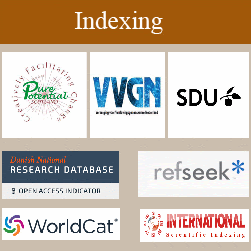Is peritoneal dialysis an effective treatment for cardiorenal syndrome with decompensated heart failure? A single center experience
Author(s):
Gomes da Silva Francisca, Calça Rita, Martins Ana Rita, Araújo Inês, Aguiar Carlos, Fonseca Cândida6 Branco PatrÃcia
Introduction and Objectives: ultrafiltration techniques have shown promise in the treatment of diuretic-resistant heart failure (HF). The aim of this study was to describe a center experience in treating refractory HF with peritoneal dialysis (PD). Methods: we performed a retrospective study of 14 patients presenting symptoms and signs of refractory congestive HF despite optimal pharmacological therapy, all excluded as candidates for heart transplantation. Baseline characteristics, laboratory data, Charlson score, and transthoracic doppler-echocardiogram results were collected. PD adequacy was evaluated through peritoneal equilibrium test results. Results: 12 patients were males and 2 females, with a median age of 72.13 years. The mean following time was 52.5 months. Symptoms of HF improved in 5 patients, with an upgrade of New York Heart Association (NYHA) Functional Classification and improvement in ejection fraction. NHYA remained the same in 6 PD treated individuals, despite and improvement of absolute ejection fraction. At the beginning of PD, the mean Charlson Score value was 5.7 ± 2.3, which reduced to 5.3 ± 2.6 by the end of observation time (p<0.01; r=0.984). Six patients presented one episode of decompensated heart failure needing hospitalization, with a median length of stay of 2 days. During the observation period 2 patients died, 1 from an acute hemorrhagic stroke and the other with a septic shock. Discussion: PD treatment in refractory HF seems to be effective since it improves quality of life and functional class.



